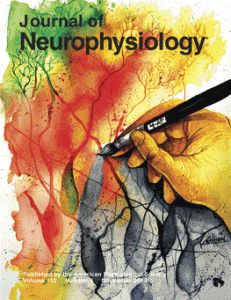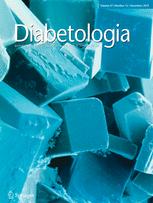
A new editorial in the Journal of Patient Safety accuses former editor and patient safety expert Charles Denham of having undeclared conflicts of interest in nine out of ten articles he published in the journal.
Denham was at the center of massive controversy earlier this year, when the government accused him of taking more than $11 million in kickbacks from medical supply company CareFusion. Supposedly, he took the money to influence the National Quality Forum, where Denham was a co-chair of safe practices, to endorce ChloraPrep, a CareFusion antiseptic.
Cheryl Clark, at HealthLeaders Media, was first to report on the new editorial. Here’s what the editors wrote: Continue reading Controversial editor and patient safety expert had undisclosed COIs in 9 of 10 papers








